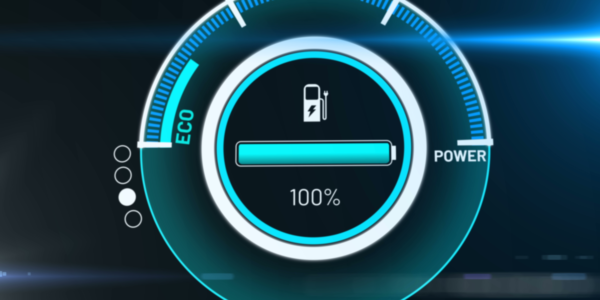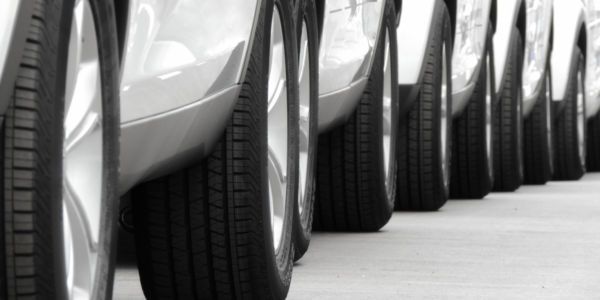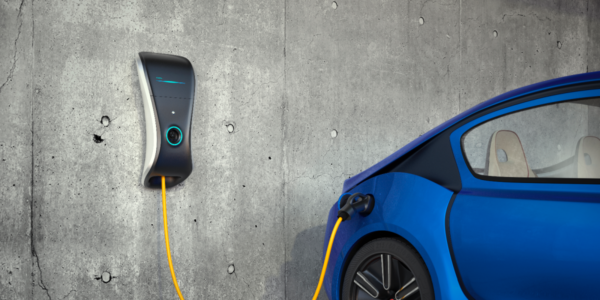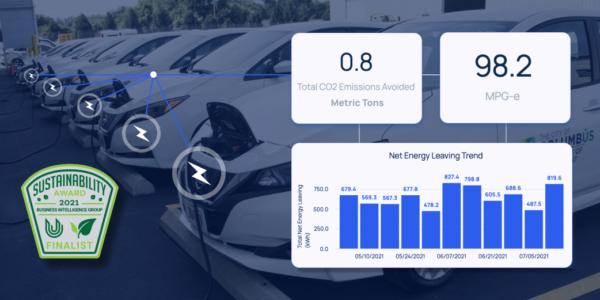
For EV drivers, the main concern from the day the vehicle is driven off the lot is battery degradation. A degraded battery suffers permanent damage that reduces the energy capacity of the battery and the amount of power it can deliver.

Greenhouse gases trap heat in the atmosphere, keeping Earth at habitable temperatures. However, with GHGs at an all-time high due, this leads to out-of-control climate conditions that threaten life across the planet.

With a major lack of electric vehicle options to replace medium- and heavy-duty ICE trucks, EVs are unfortunately not viable for many utility fleets yet. This doesn’t make ICEV fleets a lost cause for sustainable practice though.

Just as with any battery-operated item, there is an optimal operating temperature for EVs. Because of this, fleets operating in areas with extreme weather must keep this in mind during the peak of harsh winter and summer months.

With such a major shift away from internal combustion engine vehicles, consumers and fleet managers must rethink how they are powering their vehicles. Fueling will no longer be just a gas station away, with a thoughtless five-minute refill until you’re back on the road.

Low emission zones are common throughout Europe and the UK, with over 250 protected European cities as of 2019. Though not as common in the United States, these EU cities provide a blueprint for the future of LEZs around the world.

Yesterday, the Business Intelligence Group named Utilimarc as a finalist for the Sustainability Leadership Award in the 2021 Sustainability Awards program. The Sustainability Awards honor the people, teams and organizations who have made sustainability an integral part of their business practice or overall mission in 2021 and going forward.

With so many short- and long-term environmental and economic benefits of a large-scale switch to electric technology, more businesses and governments on all levels are pledging to achieve net-zero emissions in the upcoming few decades.